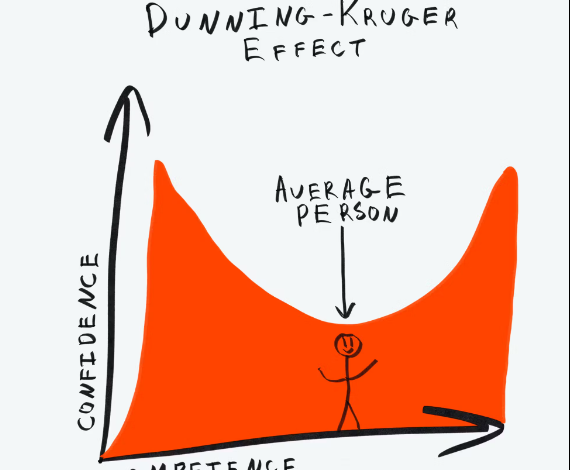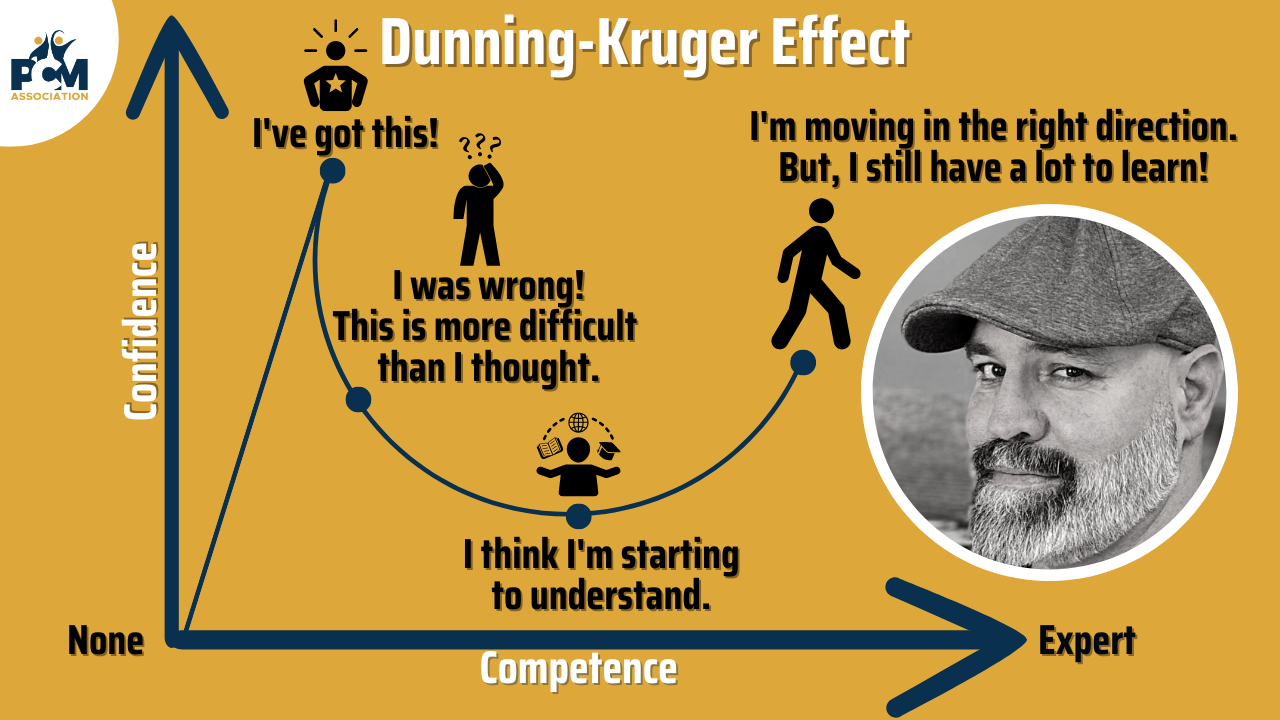Dunning-Kruger effect: Why Businesses In Kenya Are Always Find It Hard To Satisfy Customers

It’s easy to find a business but very hard to get an expert in that particular business in Kenya.
How many mechanics can fix your car? How many doctors do you know will give you the right prescription? Or when was the last time you went to a restaurant and felt contented with the service?
In Kenya’s bustling entrepreneurial landscape, a concerning trend has emerged, shedding light on the pervasive impact of the Dunning-Kruger effect on business ventures across the nation. As entrepreneurs navigate the complexities of starting and sustaining enterprises, a lack of awareness regarding their own limitations is proving to be a significant obstacle to success.
The Dunning-Kruger effect, a cognitive bias wherein individuals overestimate their abilities despite lacking competence, is increasingly recognized as a contributing factor to the high rate of business failures in Kenya. Expert analysis reveals how this phenomenon manifests in various aspects of entrepreneurship, leading to misguided decision-making, inadequate planning, and ultimately, financial instability.

At the heart of the issue lies a fundamental misunderstanding of one’s own competence. Entrepreneurs may embark on business ventures with unwarranted confidence, believing they possess the requisite skills and knowledge to succeed. However, without a realistic assessment of their capabilities, they are ill-equipped to address the challenges and complexities inherent in the business landscape.
Dr. Jane Kamau, a behavioral psychologist specializing in organizational dynamics, emphasizes the detrimental effects of the Dunning-Kruger effect on business performance.
“Entrepreneurs who fall prey to this cognitive bias often underestimate the demands of running a business,” she explains. “Their misplaced confidence can lead to poor decision-making, ineffective resource allocation, and ultimately, the collapse of their ventures.”

Furthermore, the prevalence of the Dunning-Kruger effect exacerbates systemic issues within Kenya’s entrepreneurial ecosystem. Limited access to quality education and mentorship opportunities may contribute to entrepreneurs’ inflated perceptions of their competence. As a result, they may overlook critical factors such as market research, financial planning, and operational efficiency, which are essential for long-term viability.
The consequences of business failures extend beyond individual entrepreneurs, impacting economic growth, employment opportunities, and societal well-being. Recognizing the pervasive influence of the Dunning-Kruger effect is essential for implementing targeted interventions to support aspiring entrepreneurs and mitigate the risk of business failures.
Addressing this challenge requires a multifaceted approach, including initiatives to promote self-awareness, provide comprehensive entrepreneurial education, and foster a culture of mentorship and collaboration within the business community.

By empowering entrepreneurs to critically assess their capabilities and seek appropriate support and guidance, Kenya can cultivate a more resilient and thriving entrepreneurial ecosystem.
As policymakers, industry stakeholders, and educators collaborate to address the root causes of business failures, they must prioritize strategies that mitigate the impact of cognitive biases such as the Dunning-Kruger effect. Through collective efforts, Kenya can unlock the full potential of its entrepreneurial talent and drive sustainable economic growth for the benefit of all.






